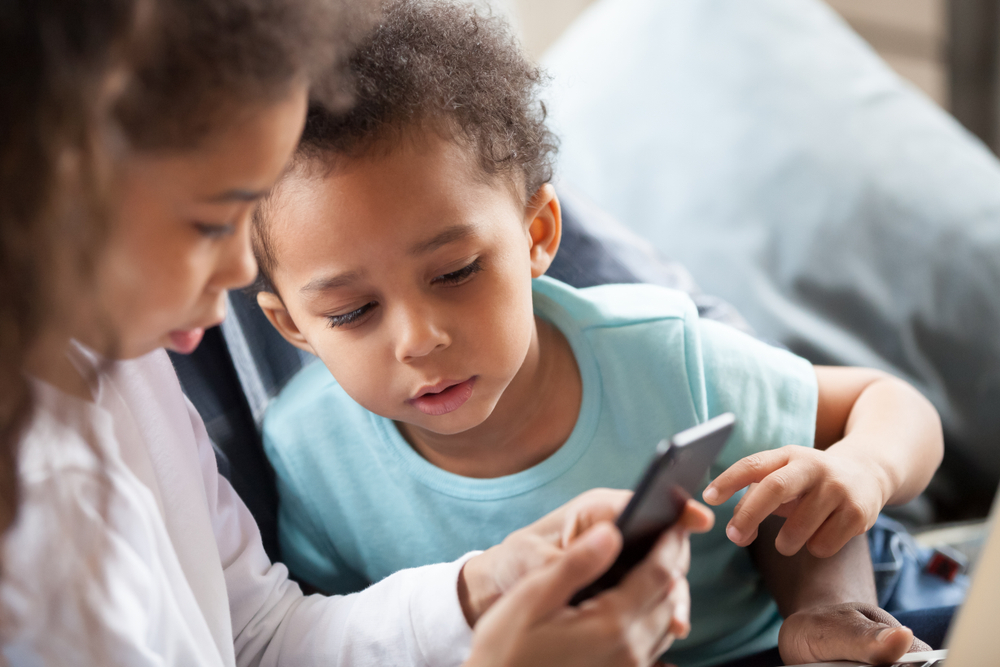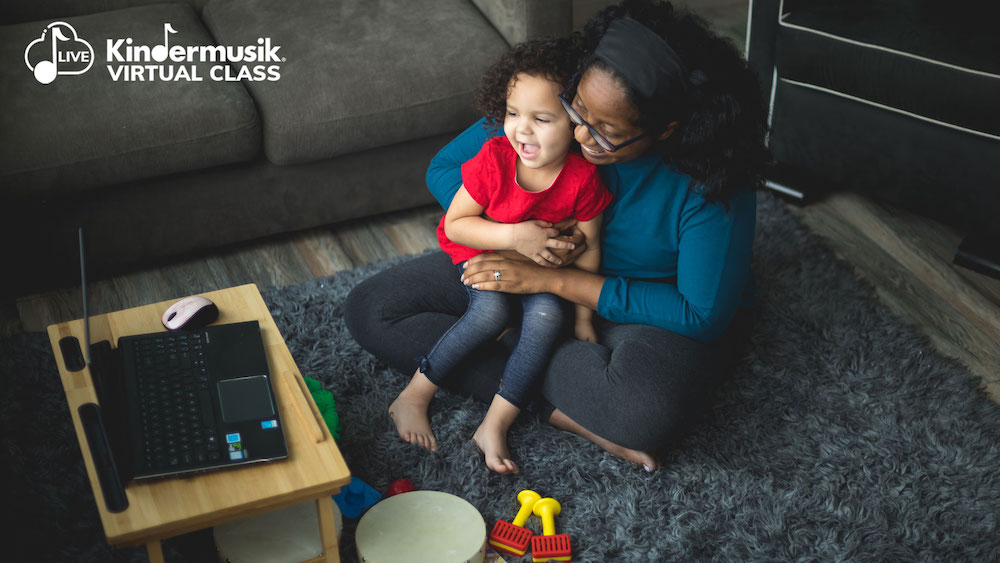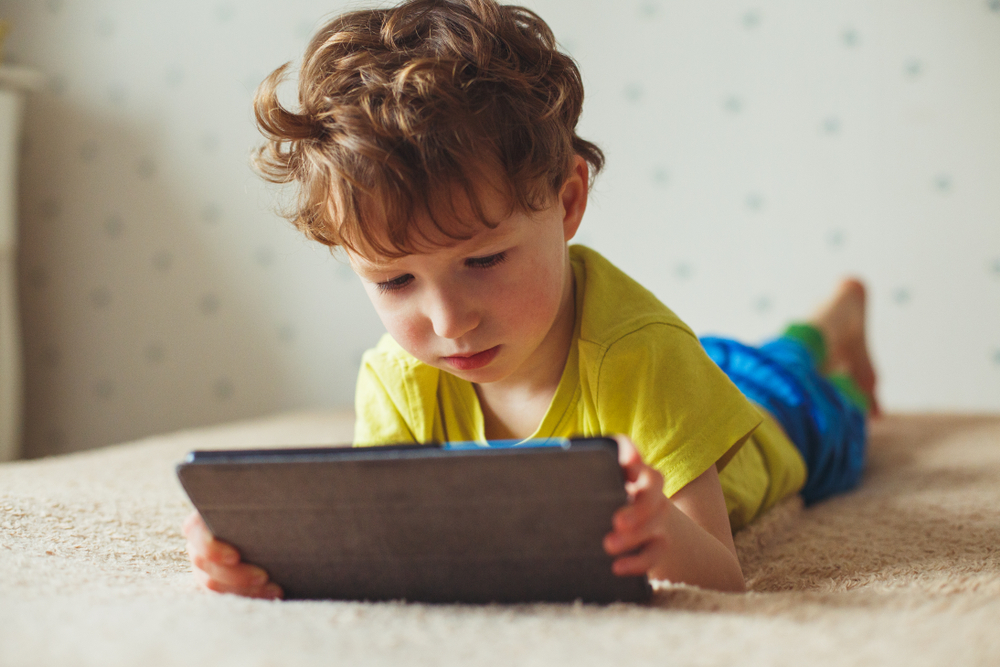We just wrapped up one of our FAVORITE weeks here at Song of the Heart Studios: Share the Love Week! We love hearing what YOU love about Kindermusik and learning what your child loves most too.
Our classes this week were filled to the brim with FUN, PLAY, TOGETHERNESS, CONNECTION, JOY, FRIENDSHIP, and LOVE!
We love the community and the friends we’ve made.
We love snuggling under the stars.
We love playing instruments, dancing, and listening to sounds. We also love the stars!
It’s fun to bond with my daughter. It’s engaging and sets a great foundation for her future.
We love the time to connect just mommy and daughter. We love learning patterns and different ways to communicate.
I love that the teachers are so friendly and knowledgable about what they teach the children.
I love the friendly, welcoming atmosphere and the care for each child.
I love the positive environment and the variety in each class.
Welcome to our new families! Welcome back to our established families! We are so thrilled to have such a great start to the new season here at Song of the Heart Studios. Our hallway has been bustling with children and caretakers. Our studios are brimming with song, movement, and joy. We see connections being forged and deepened. We see learning taking place and little eyes shining!
After our brief hiatus some children may have a hard time transitioning back into the routine of Kindermusik. And for our first-time families, your children may take awhile to acclimate to our studios and our routines. So here are some tips for a successful classroom experience with your child.
Partnership: Remember that you are your child’s partner in class. If you come for the entire class, as with our Little Learners levels, or you come in for sharing time for the last few minutes in our Little Music Makers classes, you are your child’s partner. This is a time for you to put other thoughts away and focus on your child. Throw your inhibition out the door and play with them on their level. Sing . . . move . . . play . . . WITH your child. Don’t just watch them. Engage with them.
No judgment:
If your child is a mover, then let them move! Sure, it can be distracting in class if your kid is running around when everyone else is sitting on the rug listening to the teacher, but don’t sweat it. All the other parents get it. We’ve all been there. Some kids just gotta move their bodies. That’s okay!
Patience:
We hear ALL THE TIME from caregivers who say though their child doesn’t sing in class or participate in Brain Gym, as soon as they get in the car their child is singing the hello song and doing their crossies and double doodles. They are learning and benefiting just from being in the room, even if they aren’t showing external signs of participation.
Reach out: So many caregivers, especially those enrolled in our Foundations and Level 1 and 2 classes, often feel isolated. If you are a first-time parent you are eager to see your child grow and develop. But you also can benefit from class! Get to know the other grownups in your class. Trade numbers. Have playdates at the park outside of class. Making that effort will not only deepen and enhance the Kindermusik classroom experience, but it will enrich your child’s life as they develop friendship. And it can give you the support you might not even know you need as you develop friendships yourself. It takes a village! Kindermusik is is a great place to meet other caregivers that share your values and can become part of your village.
Hopefully these ideas can help you get the most out of your investment in Kindermusik. Remember that you take away more and your child benefits more when you are an active participant in the process. Sing with you soon!
Here at Song of the Heart Studios we are rested, prepped, and ready to begin our 26th season of bringing music into the lives and families of our community. During our summer hiatus we spend time resetting the studio and refreshing our props and instruments. Our educators rest their minds, bodies, and voices, and return ready to love your little ones. We spend time in professional development to make sure we are always bringing you the best in early childhood education.
Did you know that every member of our JOY team is fully accredited by Kindermusik International? Song of the Heart Studios is ranked in the top 3 studios in the country and the top 5 in the world! What does that mean for you? It means that you are getting the most educated professional team to benefit the development of your child. It means that you are picking a studio that has a deep understanding of early childhood development, pedagogical best practices, and a passion for the benefits of early music education. It means that in this day and age of endless choices of where to take your child you can be confident that you have chosen a place that will give your child the best start in life.
Research shows again and again the myriad benefits of shared musical experiences, music immersion, and formal musical education. It is wonderful to know that neurologists and neuromusicologists are giving us the data to support what we’ve known for decades: music is THE BEST developmental start to your child’s growth and life. It builds brains. It builds bodies. It builds language and makes social connections. It brings joy and decreases stress. It increases cooperation and curbs power struggles. It provides a foundation for future learning, preparing them for school, dance, sports, performing arts, academics, and so much more.
A child with a foundation of Kindermusik is more prepared for success in any other endeavors they take on once they are developmentally ready.
Are you ready for a new season filled with joy, connection, growth, and family? We are thrilled to welcome you back with open arms and a song in our hearts. Sing with you soon!
It may seem counterintuitive, but neurodivergent learners thrive with the right multi-sensory activities. Music—a multi-sensory activity that stimulates all parts of the brain at once—promotes everything from self-regulation to emotional expression.
And that turns tricky transitions and long days into beautiful learning moments (for children and their special grownups).
3 Daily Music Activities for Neurodivergent Learners
Listen to instrumental songs.
Why?
They help focus the brain, especially if they involve instrument solos.
They can spark active listening (listening with the intention of discovery).
They can set the tone or change the general outlook of the day .
When?
Musical listening is always a good idea, but try it out on the way to school, a doctor’s appointment, or an activity that can trigger stress.
How?
Try an instrumental song with a medium tempo. “Simple Gifts” on the free Kindermusik app is a great place to start. It’s just right for any time of day.
Draw what you hear.
Why?
When?
This is the perfect low-key activity…after school, rainy days, or after an overstimulating event.
How?
Have a dance party.
Why?
At every age, dance improves overall strength, coordination, balance, self-confidence, and concentration.
Studies show moving in sync (think: circle dance or just doing any movement, like waving your arms, together) boosts bonding , which is critical for whole-child development.Children are asked to sit still in so many scenarios—school, waiting rooms, at the table, etc. Making dance part of a daily routine gives them a safe space to get the wiggles out, express emotion on their terms, and feel proud of their creative choices.
When?
Dance breaks are perfect for transition times, like between childcare pickup and snack/a meal, but they can re-set the brain at any time. Just finished a long errand? Dance party. Trouble following directions? Dance party.
How?
For toddlers and preschoolers, try alternating freeze dance (stopping and starting with the music, which boosts self-regulation) and free dance to balance following directions and creative freedom.
Try these easy activities at home, in a learning space, or wherever you find yourself needing a redirection tool. For children with unique learning styles, music can open the door to stronger communication, trust, and self-confidence.
-Reposted from Kindermusik International
Something we educators notice during our classes is that very often the caregivers in class have rising stress levels as they try to control their child’s behavior.
We get it. Every JOY Team member is a parent. We know the feeling of judgment when our child acts out in public. We also know that parents have very little “control” over their children. What we mean by that is that your child is who they are.
If they are reserved and prefer to learn through observing, then people think they are well behaved and the parents are doing a good job. But truthfully your kid just came wired that way and it probably doesn’t have much to do with your parenting.
If your child is a runner or a screamer or a thrower that also is not because of your parenting. It is not a reflection of you as a parent if your child creates a ruckus in class. They are who they are. They just came wired that way.
But we do know that there are some socially unacceptable behaviors that we have to try to manage when we are out with our kid in public. So if you have one of those kids that seems hard to control, this post is for you.
First, breathe. Again. Again. Probably again.
You cannot help your child manage their behavior if you cannot manage your own. The first step in co-regulation is to regulate yourself. It is proven that 3+ breaths can calm your nervous system, bring your brain up to an executive functioning state, and allow you to be in control.
Second, recognize that ALL behavior is communication.
Your child is running laps around the room? They are telling you they are learning through their body and need physical stimulation.
Your child is screaming? They are having big emotions about something and they need help regulating those emotions.
Your child is hitting? They are frustrated that they aren’t getting their way.
Instead of focusing on the behavior, identify what your child is trying to communicate. Then you can co-regulate with them or help them find a solution to their problem or just validate their feelings.
Third, breathe again.
But this time, make sure your child sees you do it. Catch their attention with a sharp intake of breath and a gentle touch on their elbow. When they look at you . . . breathe. Slowly and deliberately. This will trigger their mirror neurons and they’ll begin to slow their breathing. This is the core of co-regulation. Getting on their level, calming their nervous system, then solving the problem.
Fourth, remember you are your child’s PARTNER.
You don’t need to control them. You need to teach them self-regulation through modeling and co-regulation. Partnering with them might mean going with them as they explore the room. That way you can connect and scaffold, but you can also prevent any potential dangers in the environment or with the other children. Partnering with them might mean removing them from the classroom temporarily so reduce stimulation so you can co-regulate their nervous system and bring them back to calm.
Fifth, remember we’re all in this together.
We are a class family. We support you. We know how hard it is to be a caregiver. We don’t judge you or your child. We understand that some kids are hard. Some days are hard. Don’t feel judged. And don’t give up. Just breathe.
It’s that time of year again! There’s been a run on school supplies and the stores are wiped out. You can’t find a pencil case to save your life. There’s an excitement in the air for children as they return to school. There’s a nervousness in the air for the adults about the new Delta variant. Crossing guards, 20 mph school zones, and yellow busses slow down our morning commutes once more.
What does this mean for us at Song of the Heart Studios?
It means we have been working behind the scenes getting ready for a brand new season of joy and music making with you! Our summer break is anything but. We spend our break time dreaming up new ways to bring extra sparkle to your Kindermusik experience. We have been sprucing up the studio. We are brushing off our lesson plans and brushing up on our pedagogy skills. We’ve been learning about positive psychology and refocusing our attention on the details in a class that make the biggest impact for you. We are reviewing our Covid protocols to make sure that we are providing the safest possible environment for your families to continue to come and enjoy the Kindermusik experience during these crazy times.
Everything we do at Song of the Heart Studios is motivated by our love for music, our love for our Kindermusik families, and our deep belief that the answer to all of society’s problems is excellent early childhood education. When you invest in your child’s development at this age, their brains are wired in healthy ways that sets them on a trajectory for mental and social health and happiness. So thank you for doing not only what is best for your child, but what is best for the world. Thank you for letting us be a part of their childhood development.
We can’t wait for you to walk through our doors soon so we can watch your hearts sing and your children flourish!
It’s easy to think of music as an “extra” when it comes to child development, learning, and education. After all, it’s not reading, writing, or ‘rithmetic. Nor is it STEM, or whatever buzzword acronym we are using in education these days. Except we, as music educators, and you, parents who prioritize musical learning, know better.
Musical education is brain education. Musical development is whole child development. It’s not extraneous. It’s not a perk for privileged kids. It should be for every child, in every home, and in every school. Music teaches language skills, mathematical skills, team building skills, social skills, motor skills, cognitive skills, and on and on.
Unfortunately we don’t live in a world where music education is widely understood or appreciated or it it wouldn’t be on the chopping block at so many under funded schools.
Consider this: we are more than a year into this pandemic. Many early childhood programs have shut down nationwide. Opportunities for your babies and children to safely socialize are few and far between. And yet young developing brains NEED stimulation and enrichment. As we’ve all been hunkered down at home for the last year there is an entire generation of children whose brains aren’t getting the development they need.
This is why Kindermusik is the PERFECT program to prioritize right now. Studies have proven that music is the only stimulus that lights up the ENTIRE brain. Our curriculum is carefully crafted to boost development in all domains: cognitive, language, social, emotional, and physical (both fine and gross motor). As we foster supportive environments to explore music in a rich sensory environment, your child’s brain and body development can make up for lost time and some of these developmental gaps.
Covid babies have become wary of others as they haven’t been properly socialized. Kindermusik classes can help with that.
Covid babies have had more screen time as their parents have been coping with unprecedented stress. Kindermusik classes get children and parents off their screens and engaged with each other and with the music.
Covid babies haven’t been able to climb on playgrounds and use those gross motor muscles. Kindermusik activities can help with that.
Covid babies may have been limited to one environment and have lacked the sensory stimulation that comes with novel environments, textures, toys, manipulatives, people, and sounds. Kindermusik helps with that.
Covid children have unprecedented levels of anxiety at earlier ages. Musical activities release dopamine and oxytocin and suppresses cortisol in the blood stream. Kindermusik can help with your child’s emotional well being as well.
We are so glad to have you here as part of our Song of Heart tribe. We know that by continuing to prioritize your child’s early musical education that it will be hugely beneficial to their physical, brain, and social development. Let’s make up for lost time and SING and PLAY and DANCE and MAKE MUSIC.
Who doesn’t want THAT for their little one?
“I wanted to say thank you for an amazing year with you in Kindermusik! You are an incredible teacher who is very gifted at instilling a love of music into the lives of others.”
– Sarah
“Kindermusik provides adult education for me! I love to learn songs and activities that I can take home and use outside of class.” – Laura
As Thomas is our last child, I wanted to spend some very intentional “one on one” time with him. The past two years have exceeded my wildest expectations.Thank you for sharing your energy, enthusiasm and talents with us. Watching Thomas grow from a 6 month old baby who wasn’t even crawling (yet could spit up on a dime) to the dancing, ball throwing two year old he is today has been one of the great blessings in my life. You have made great contributions to the development in all our children through your work as a Kindermusik educator.” – Chris – Kindermusik Dad
“Kindermusik is not just a weekly “Class”, but it is a way of growing with my son on a daily basis. I am not a “kid” person, activities and things to do with children does not and has not come easily for me. Kindermusik has helped me to find the child in myself. Helping us to enjoy our house, our animals our world more and more every time we share a song together, or dance to the music, or do an activity at home! We love it!”- Tara
“All four of my kids have done Kindermusik and LOVED the music & activities. I loved the one on one time we got to spend together. I really believe that my kids are doing so well in school and socially too because they have had music as big part of their life since they were very young.” – Amy
“Great musical basis for future instrument lessons. My 9 year old (who did Kindermusik) has caught up to my 12 year old (who did not) in piano lessons!” – Becky
“I have seen the growth in my son’s development from the very beginning, both in his learning skills and his socialization. He is always happy and excited to go to Kindermusik. Now that he is a bit older and I no longer attend class with him, it is fun to see him come home with new songs, ideas, dances, etc., that he has learned in class. And he retains what he learns, which gives him a sense of pride and accomplishment. The instructors are out of this world, such talented, imaginative kid magnets! If you want your child to develop an excitement for learning, enroll them in Kindermusik!” – Natalie
How fun!!! Thanks so much for such a wonderful program for my precious babies. I can’t even express how much this has been a blessing in my life to take these children to Kindermusik, but the real blessings have been on their lives. I know they have really grown more than they would have without Kindermusik. – Grandma Renee
“I can tell (baby) Harrison recognizes the songs and enjoys them because when I turn on the CD player or start singing he gets a huge smile on his face and he turns to listen.” – Barbara



